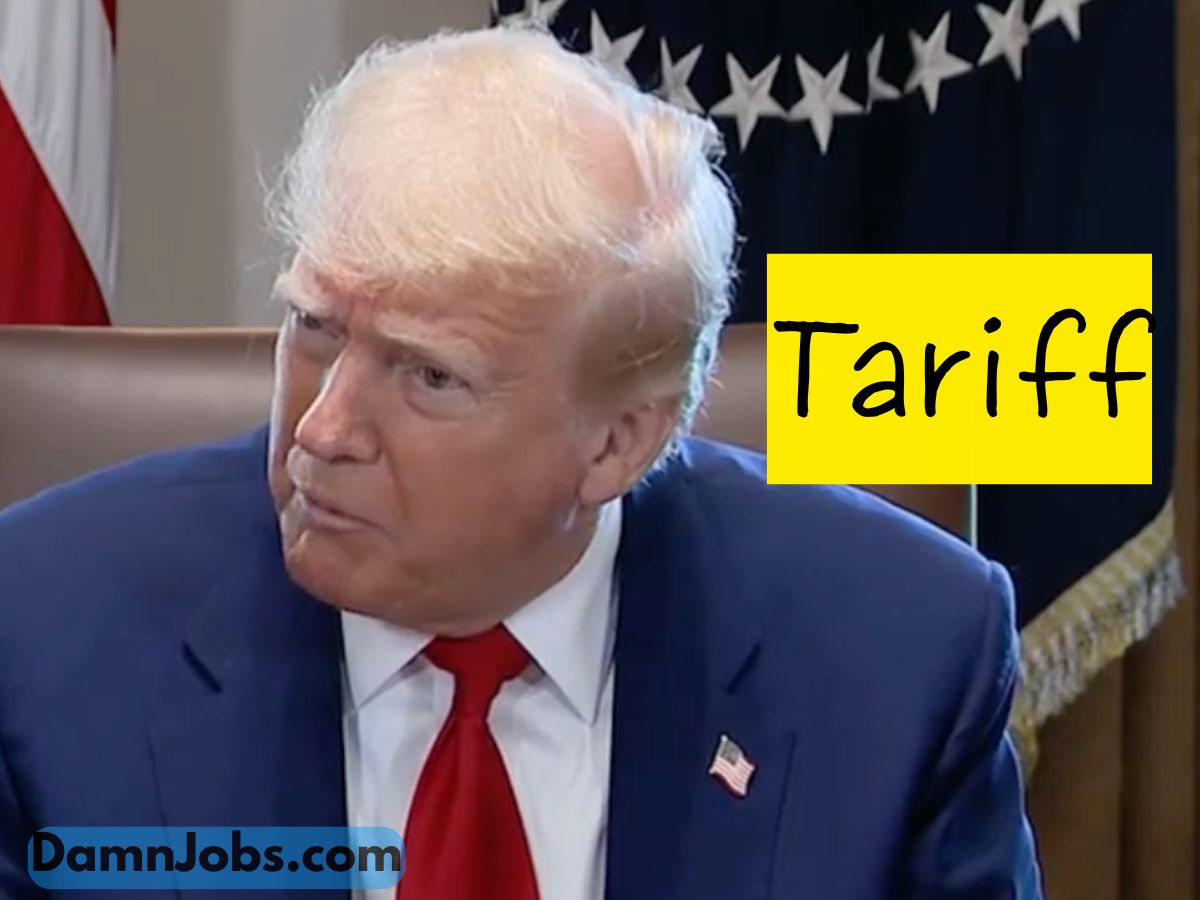In a recent interview with NBC’s Meet the Press, President Donald Trump stood firm on his tariff policy, rejecting the idea of dropping hefty tariffs on China to bring Beijing to the negotiating table.
According to Trump, China’s economy is “collapsing,” and factories are shutting down as the 145% tariff takes its toll.
When asked if he’d consider removing the tariffs to ease the strain on small businesses in the U.S., Trump doubled down, emphasizing that the strategy is designed to benefit large industries like tech and automotive in the long run.
“Apple, Toyota, Honda, and General Motors are making multi-billion-dollar commitments to bring their plants to the U.S.,” he said.
What Does This Mean for Jobs?
On the surface, Trump’s tariff strategy aims to stimulate job creation by encouraging businesses to bring manufacturing back home.
Tech and automotive industries, in particular, are expected to see a boom in factory jobs—good news for skilled laborers and supply chain workers.
But here’s the flip side: tariffs also mean higher costs for imported goods and materials, which can hurt small businesses that rely on affordable inputs.
This could lead to layoffs or slower hiring in industries that can’t absorb the rising costs.
The Recession Question
Trump brushed off concerns about a possible recession, calling the economy a “transition period.”
But if a downturn hits, it could mean trouble for workers, especially those in industries that rely on exports or depend on consumer spending, like retail and hospitality.
Opinion:
Trump’s tariff policy might bring big-name factories back to the U.S., but not everyone wins in this game.
While high-skill manufacturing jobs might see a resurgence, small businesses—already struggling post-pandemic—could take a hit. And if a recession does creep in, the job market could get dicey.
What’s the takeaway? Stay adaptable. Industries like tech, automotive, and supply chain could offer opportunities, but it’s also a good time to keep reskilling and exploring side hustles to buffer against economic uncertainty.
Related Reads
Trump Tariffs Could Bring Big Jobs Boost to Ohio Steel Plant, CEO Says
Walmart Cuts 1,500 Corporate Jobs — Here’s What It Means for You
Will CEOs Keep Their Big Job Promises? What You Need to Know About SoftBank’s New Pledge Under Trump
What’s your take? Does bringing manufacturing back home outweigh the risks of a tariff-induced slowdown? Let us know in the comments!

